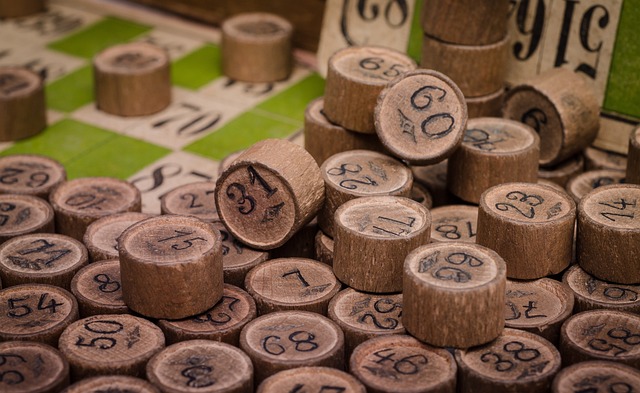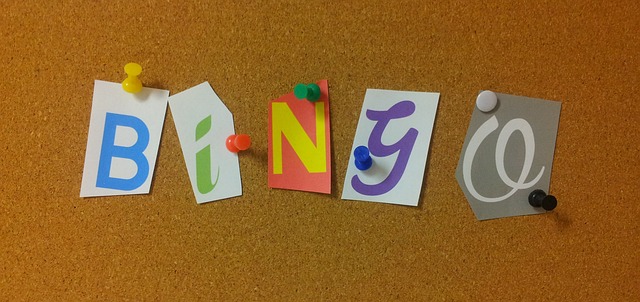Keno and bingo are two of the most well-known games of chance, celebrated for their simplicity and low barrier to entry. Popular in both land-based and online casinos, these games offer casual players a relaxed yet potentially rewarding experience. But if you’re new to either, you might wonder: which game is better—keno or bingo?
Though they share similarities in format and pacing, keno and bingo differ in terms of odds, strategy, gameplay dynamics, and potential payouts. Understanding these differences can help you decide which one suits your style and goals.
Game Mechanics and Pace
Keno is often compared to a lottery-style game. Players select a set of numbers—typically between 1 and 15—out of a pool of 80. The game then randomly draws 20 numbers, and your winnings are based on how many of your chosen numbers match the draw. You can control how many numbers you want to play, which adds a small degree of strategy.
In contrast, bingo is more structured. Players receive cards with pre-marked numbers arranged in a grid (typically 5×5). Numbers are then drawn randomly, and players mark them off their cards. The goal is to complete a specific pattern, such as a line, diagonal, or full card, depending on the game variation.
Bingo games are typically slower-paced, especially in traditional settings where multiple players participate. Keno, especially online, can be played much faster since it’s often single-player and runs continuously.
Odds and Payout Potential
When it comes to raw odds, both keno and bingo are games of chance with high house edges. However, they differ in payout structures and win frequency.
In keno, the odds depend on how many numbers you pick and how many you match. For example, if you choose 10 numbers, hitting all 10 is extremely rare—but the payout is massive if you do. Keno allows for larger jackpot-style wins, though they are statistically unlikely. The house edge can be anywhere from 20% to 35%, which is relatively high compared to other casino games.
Bingo offers smaller, more frequent wins. The odds are more favorable in multi-card games, especially when fewer players are involved. Payouts are modest but more attainable. Some progressive online bingo games offer larger pots, but overall, bingo is more about community and consistent entertainment than high-stakes winning.
Social and Entertainment Value

One of the biggest differences between keno and bingo is the social element. Bingo is inherently social, often played in groups, either in-person or online with chat features and community games. It’s not just about winning—it’s about the shared experience. Online bingo rooms typically offer chat moderators, side games, and bonus challenges to increase interactivity.
Keno, on the other hand, is more of a solitary game. It appeals to players who enjoy quick results and don’t necessarily want the social interaction that comes with bingo. It’s great for playing in short bursts or while multitasking.
So if you’re looking for community-based fun, bingo is your game. But if you prefer a more personal, rapid-fire format, keno may be the better choice.
Flexibility and Accessibility
In terms of where and how you can play, both games are widely available in online and offline settings. However, keno offers more customization. You can often choose how many numbers to play, how much to wager per game, and whether you want to enable quick picks or manual selection.
Bingo is less flexible. You buy a set of cards, and the game follows a preset format. You don’t influence the pace or structure much, although online platforms now offer themed rooms and variations that make it more dynamic.
From a gameplay flexibility standpoint, keno gives the player more options, while bingo remains more standardized.
Cost of Play
Both games are relatively inexpensive to play. Bingo cards can be bought for as little as a few cents, and many online platforms offer free bingo games. The cost per game in keno depends on how many numbers you play and your wager amount, but it too can be quite low.
However, keno players may be tempted to bet more in pursuit of larger jackpots, potentially burning through bankrolls faster if they don’t manage their budget wisely. Bingo tends to regulate spending better, especially with fixed card costs and slower pacing.
Which Game Is Right for You?

Choose Keno if you:
- Prefer quick, solo gaming sessions
- Want the chance at big wins with small bets
- Enjoy flexible gameplay with customizable settings
- Don’t mind a higher house edge in exchange for convenience
Choose Bingo if you:
- Value a social gaming experience
- Enjoy frequent, smaller wins
- Prefer slower-paced, low-stakes play
- Like community features and live chat environments
Final Thoughts
Ultimately, keno and bingo each offer unique appeal to different types of players. Keno is faster, more flexible, and offers higher payouts—but with a steeper house edge and less social interaction. Bingo is more community-focused, with better odds for regular wins and a laid-back, entertaining format.
If you’re seeking fast-paced solo action, keno might be your go-to. But if you want shared excitement and regular engagement with others, bingo delivers a more fulfilling experience. The better game of chance depends entirely on what kind of experience you’re looking for.
